It wasn't until she found out her character would be returning for the second season of Transparent that Trace Lysette was able to quit her job at Scores, the infamous New York City strip club made newly famous in the movie Hustlers.
Lysette was working at Scores and other clubs, taking acting classes, and booking small roles on shows like Law & Order: Special Victims Unit. She was only open to a few people about being trans because, as she says, that's just what you were told to do at that time.
"If you can pass, girl, just live your life. That's what we were taught to survive. And so it wasn't until the trans movement became a national conversation that I felt like I was doing a disservice to my community by not saying anything."
The national conversation around trans people changed in part because of shows like Transparent and characters like Trace Lysette's Shea. Audiences got to see Shea in love, a rare occurrence for a trans character on-screen. On top of that, the man pursuing her is one of the series' leads, a cisgender straight man.
Trace Lysette talks on this week's episode of LGBTQ&A about working at the real Scores strip club, the financial realities of a being an actress, and why she's still figuring out her place in Hollywood.
[Click here to listen to the full podcast interview with Trace Lysette.]
Jeffrey Masters: Were you open about being trans when you worked at Scores?
Trace Lysette: For my own safety, I was not. It was a very heteronormative environment. Wall Street guys, ballplayers, hood dudes, drug dealers, couples. It was not a safe space for trans people. I encountered a lot of casual conversation that was just extremely transphobic.
Over the years, I heard a lot of really disturbing things and I just knew I could not ever come out in that environment. I just didn't talk about my business. It was just a survival thing for me.
Were you open in your personal life?
Here and there. I lived what we call "stealth" for a number of years. Even when I started acting in the industry, I didn't disclose. I didn't come out. My first job on Law & Order was not a trans role.
It's just what I was taught from my trans elders before me. Just, if you can pass, girl, just live your life. That's what we were taught to survive. And so it wasn't until the trans movement became a national conversation that I felt like I was doing a disservice to my community by not saying anything. And so then I had to take the steps to safely figure out how to come out.
And now you're open about being trans to the world.
It's probably the biggest life change I've ever endured. It was liberating but also extremely scary.
I'm still figuring out where I fit in this world. For example, in acting, I think I get caught between these two worlds of being trans but maybe not, in some people's eyes, not looking visibly trans enough to play certain trans roles. And then at the same time not getting in the room for some of the leading lady type roles that are just written for cis women that I would love to get in the room for.
So it's just been a battle to figure out where I'm supposed to exist.
Your character in Hustlers' gender history is not part of the script, but she is the one dancer at the club who has a boyfriend.
Yeah. That was so special to me. It was all a complete surprise; especially when I read that part, I was just really happy. Because even though the character's not specifically trans, people know me as a trans actress. And they get to see me have a boyfriend in a major movie. I think that says so much without being on the nose or hitting people over the head with it.
Jennifer Lopez is this mother figure in the movie. She shows Constance Wu's character the ropes at the strip club. Did you have someone like that at Scores?
I didn't have one single motherly person like that. I was kind of a solo flyer. I think because of my transness I kept a lot of the girls at arm's length.
But there was a camaraderie. I met so many amazing women when I was dancing, ambitious women, mothers, girls in school, and just awesome women that were strong and empowered and independent.
There was one or two that I was able to eventually disclose my gender history to. And they were totally cool with it. It was not an issue, and actually, I wasn't even the only trans girl working in those clubs. We knew who each other were and we just didn't talk about it at work.
And so all of you would share advice?
Oh, absolutely. There were definitely tips and tricks. You learn very quickly to not take every shot, to throw most of them over your shoulder and blow the lines on the floor. Because you're there to make money. You're not there to get wasted.
I always found when I was most focused, that's when I did the best financially. It was a fantasy. They came there for a fantasy, and that's what we gave them.
A lot of the dramatizations of strip clubs involve drugs and sex work. How much of that was a reality?
That's very real. I have spoken in the past about my own history, and I think that it's just another part of survival, especially for marginalized women. Sometimes you feel like the only resource you have is your body or your looks.
I know that there are some people who choose that path. For me, with my history, it was more out of survival. Just given the fact that I didn't have any family in New York City, and I was just there existing on my own, paying my own bills, and keeping my business on lock. I think that it's a tricky world to navigate. And if you're lucky or strong enough to come out on the other side and reflect back on it, that is a blessing.
How much would you make in a normal night at Scores?
Well, there were so many variables. Before the stock market crash, it was easy to go in and make $600 to $800. Just dancing and maybe doing one half-hour or hour private room where you just dance and drink champagne.
After the stock market crash, things changed a lot. And so the average night got harder and harder. There were some nights when I wouldn't make a dime and actually leave in the hole because you have all these house fees. You'd have to tip out the DJ or the house mom or the hosts. And actually, these things are not even legal.
It's something that most clubs do, and so a lot of times you'd leave in the hole. But my best night ever, I think I made 13 grand and had to give a portion of that to the club. I walked away with 11 grand.
There's a huge difference between those numbers.
Finances are important to talk about. I've been bouncing around as a guest star for so many years, and if people knew what was in my bank account they would probably be shocked because the visibility doesn't align with the finances, unfortunately. I mean, that could be embarrassing to talk about, but I think it's also very real.
It's a weird thing when you can walk down the street and people come up to you with tears in their eyes, and hug you for your work. And then you look at your bank account, and you're like, What the fuck? Something's not adding up, literally.
How else do you pay bills?
Fortunately, I have a speaking tour where I go to colleges and talk about my journey with students. That sometimes can supplement where the acting does not. With just really living within my means, I'm able to make it work.
But I still have not had that job that allows me to feel financially OK. The pay is so different from a role that is considered a series regular where you're guaranteed a certain amount per episode versus something like a guest star where you come in for one or two episodes. The gap in pay is extremely large.
And now you likely can't go back to dancing to supplement.
Right. I gave up my bread and butter to be an actress. I make less money now than when I was dancing.
I guess talking about it is a little cathartic for me because it can be frustrating. I would love to think about buying a house before I turn 40 in a couple of years and maybe being able to take care of my mom or take a vacation with my mom. Who knows? Maybe that's coming after Hustlers. I hope so.
[Click here to listen to the full podcast interview with Trace Lysette.]
Hustlers is in theaters now.
New episodes of the LGBTQ&A podcast come out every Tuesday, only on the Luminary app. Click here to listen.
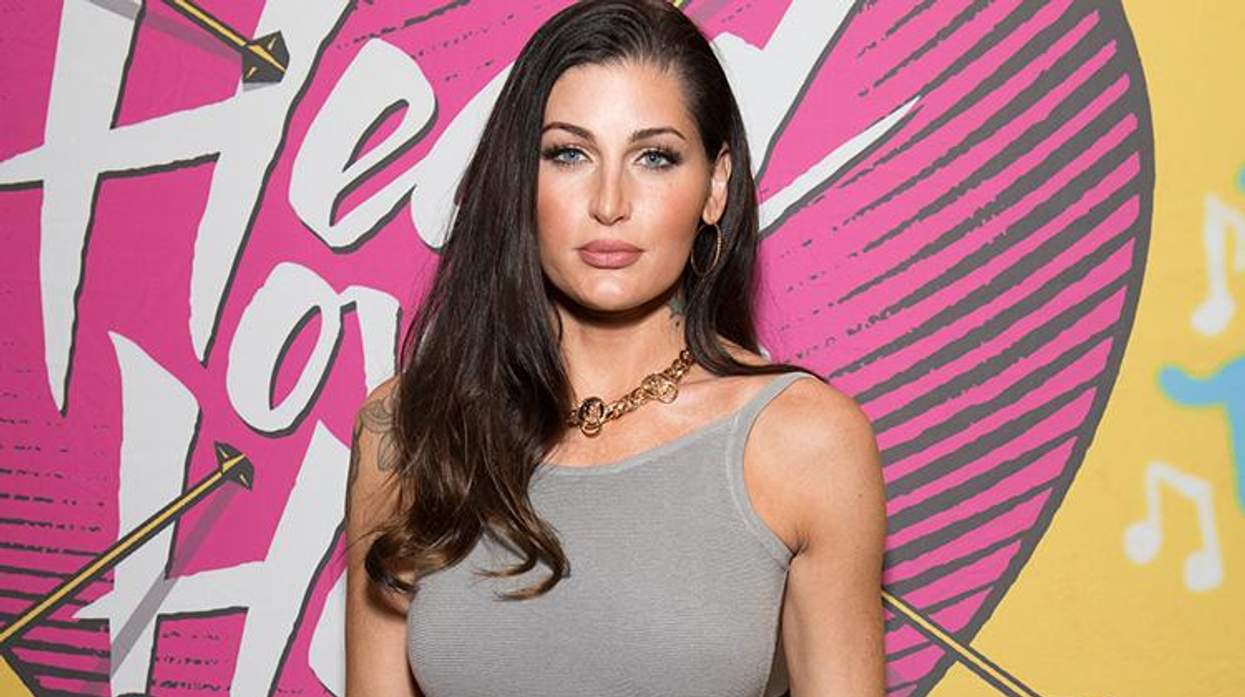
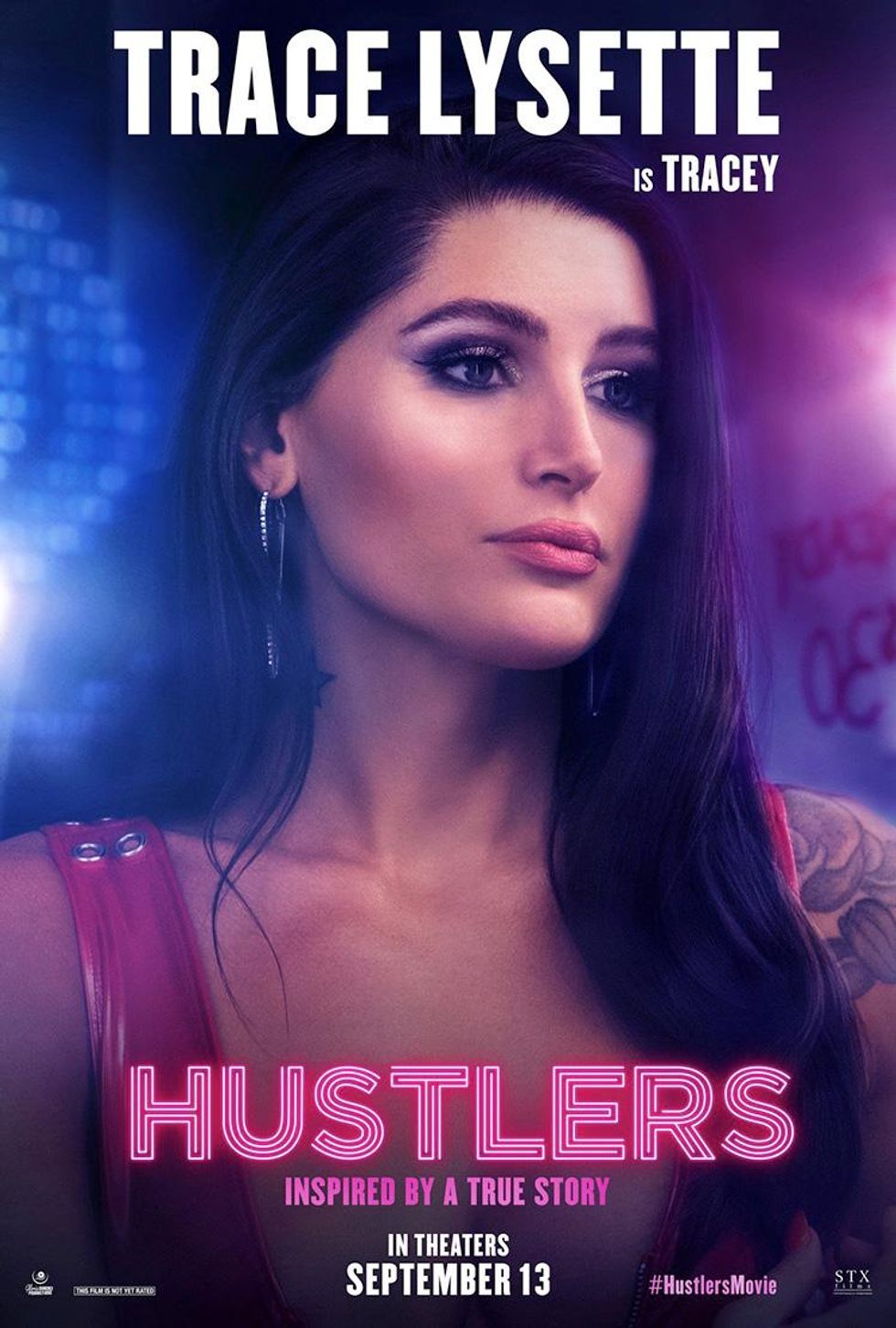





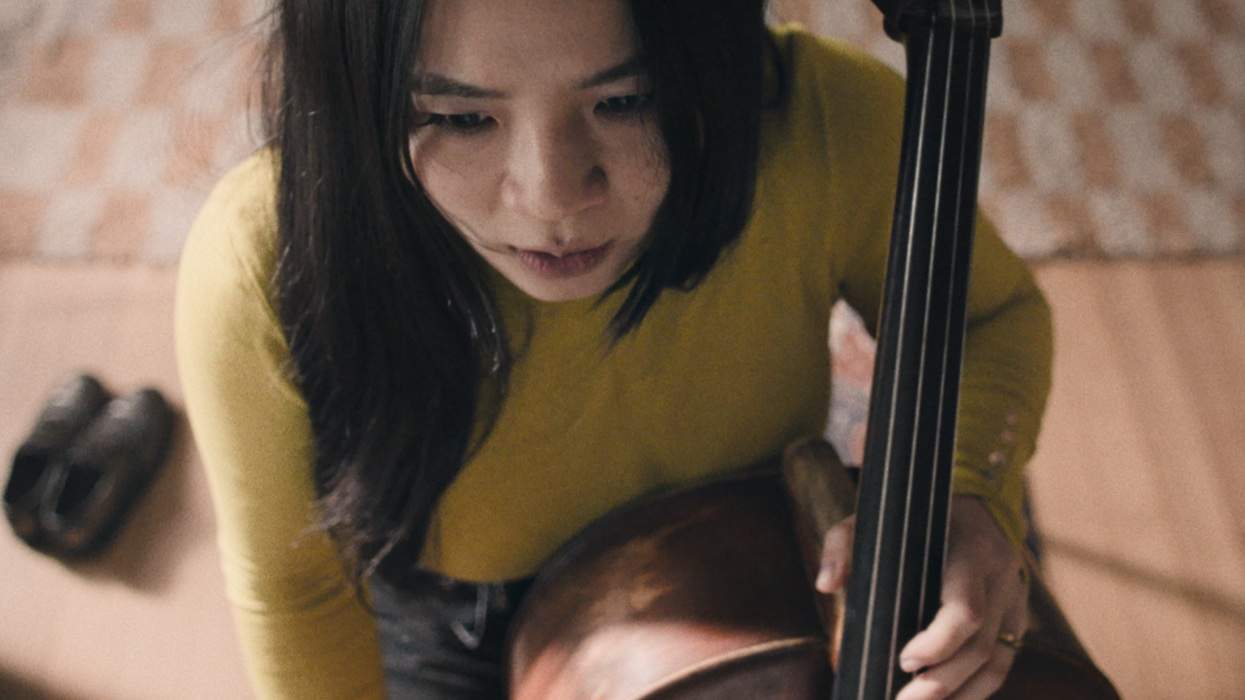

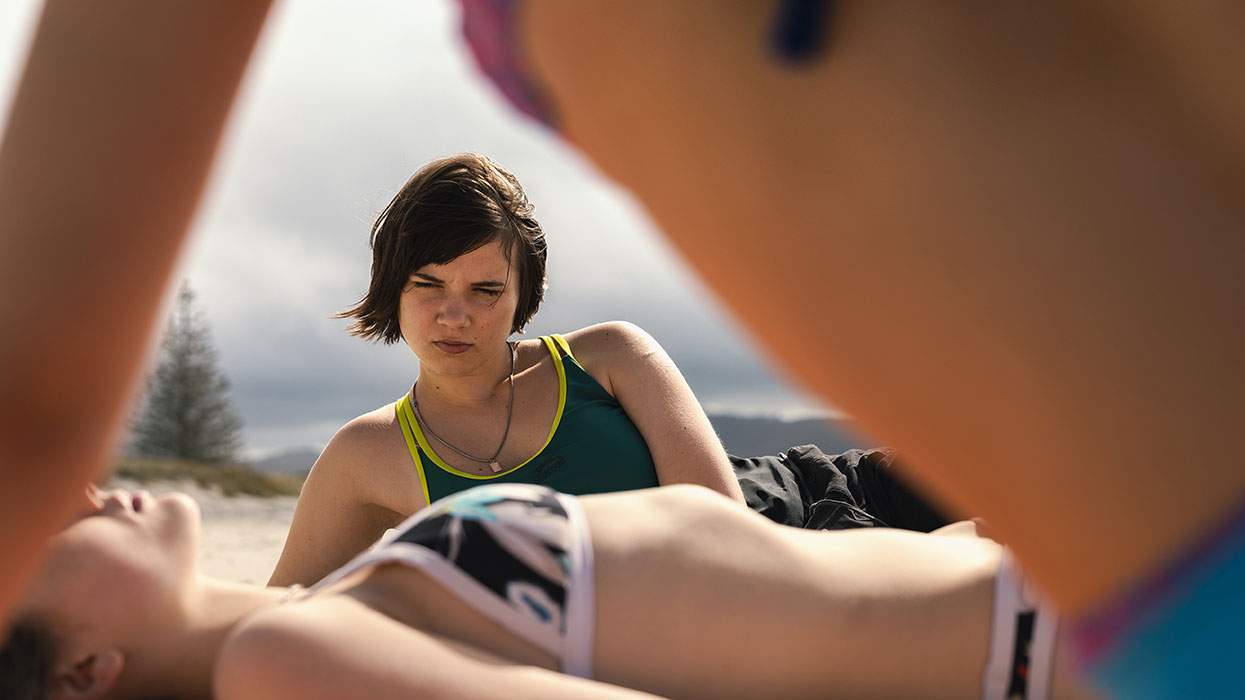
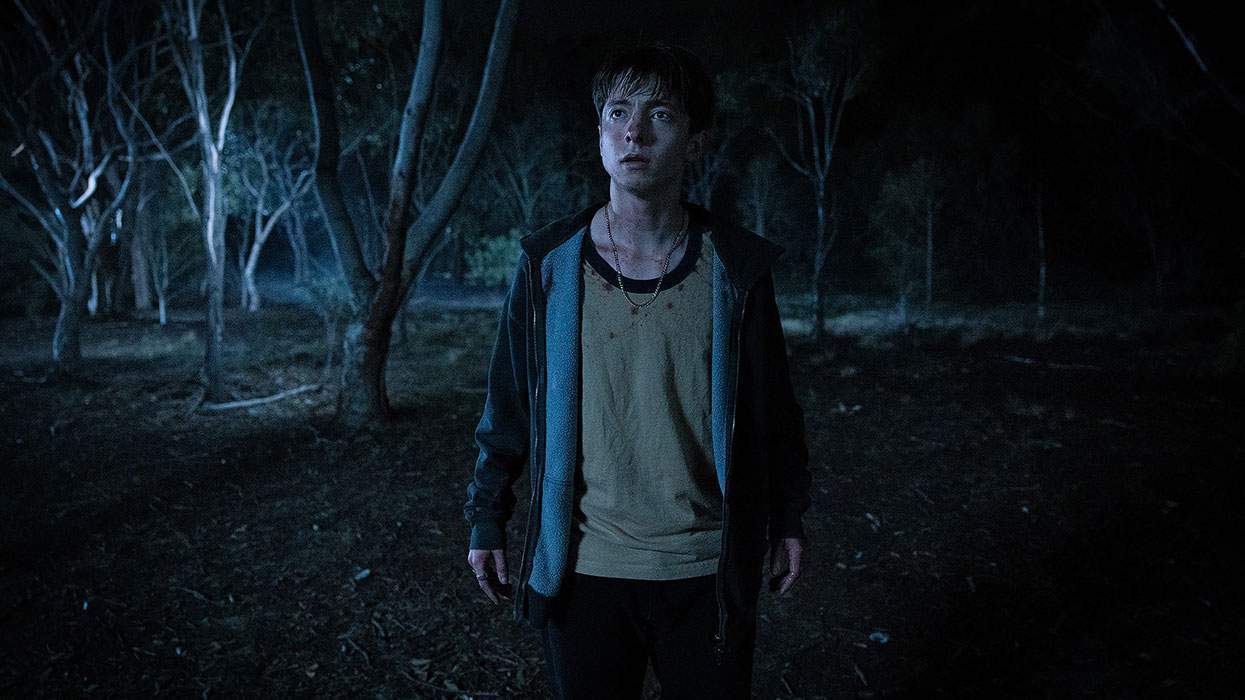





Charlie Kirk DID say stoning gay people was the 'perfect law' — and these other heinous quotes
These are some of his worst comments about LGBTQ+ people made by Charlie Kirk.